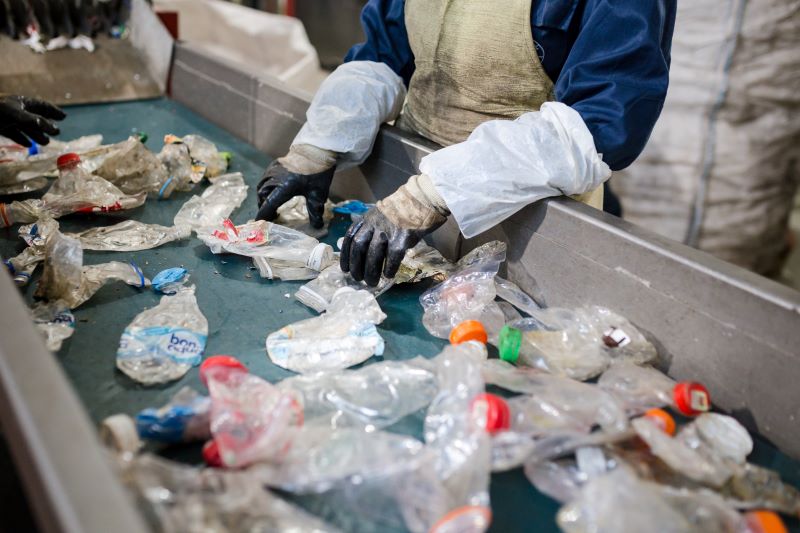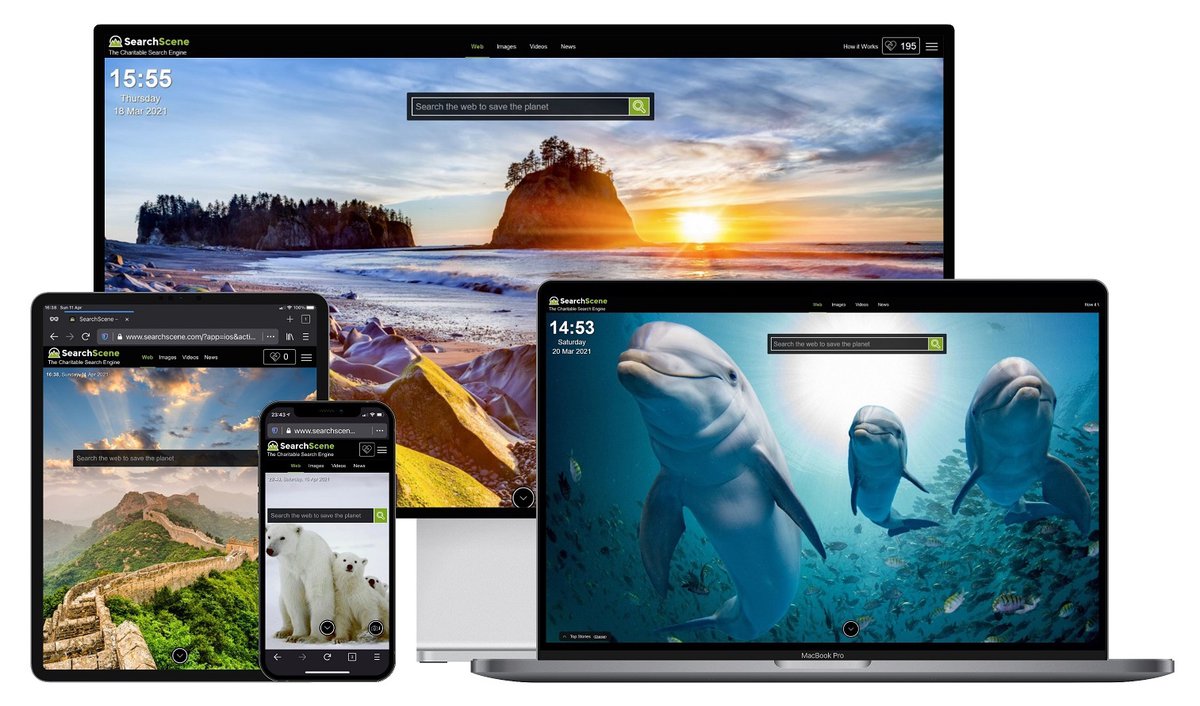Why Can’t All Plastic Be Recycled?
- Categories:
- Climate Change
- Energy
- Nature
- Oceans

Why are some plastics not recycled?
Not all plastics can be recycled due to their composition, the fact that it is too difficult and expensive for some to be processed, and that it doesn’t produce a high-quality end product that can actually be used.
In the UK, only certain types of plastic should be put in the recycling bin but not everyone is clear on which types as it is confusing! Many plastics aren’t currently recycled because it is not easy to recycle them.
40% of the UK’s plastic waste was being exported to Turkey and illegally dumped and burned in 2020.
The problem is that such a wide range of plastic is used in disposable products and packaging, and one piece of waste might contain mixed types of plastic which make it harder to recycle.
For example, plastic film, plastic bags and other thin plastics are likely to clog processing machinery if they are lumped in with other types of plastic.
Some of the most commonly recycled plastics are water bottles and plastic trays (PET), milk cartons and shampoo bottles (HDPE) and tubs and ready-meal trays (PP). Examples of non-recyclable plastics include bioplastics, composite plastic, plastic-coated wrapping paper and polycarbonate.
In the UK, local councils tend to provide information on the types of plastics that will be accepted in your recycling bin so it’s best to stick to those. Reuse those plastic bags you’ve accumulated and reduce your plastic use as much as possible.
Where does plastic waste go?
When we put plastic in the recycling bin, we tend to forget about it. However, it has to end up somewhere! While some plastic waste will actually be recycled into a new product that can be used, much of our plastic waste unfortunately still ends up in landfill.
The UK does not have a high capacity for processing plastic waste, so much of it is sent overseas to be recycled. A large portion used to be sent to China, which was the world’s largest market for recycled waste, but they introduced a new policy in 2018 which prohibited 24 types of waste from entering the country.
Even when plastic is sent “overseas” to be recycled it often ends up in landfill or the ocean. More recently, much of the UK’s plastic waste was being sent to Turkey to be recycled. However, a recent report by Greenpeace found that 40% of the UK’s plastic waste was being exported to Turkey and illegally dumped and burned in 2020.
This report has prompted Turkey to ban the import of most types of plastic waste. As reported in The Guardian, Sam Chetan-Welsh, political campaigner at Greenpeace UK, said: “People have been appalled to see images of UK household waste dumped and burned in Turkey. The UK government must put a stop to our plastic waste impacting other countries. We need a complete ban on all plastic waste exports and legislation to make UK companies reduce the amount of plastic they produce in the first place.”
How can we reduce plastic waste?
- Mixed materials and certain coloured plastics are harder to recycle so reducing these in packaging design is important.
- A levy could be introduced on making new single-used plastic rather than using recycled material.
- Encourage reusable items where possible. Unfortunately, the coronavirus pandemic has halted promising trends such as the increased use of reusable coffee cups, but we are hopeful this kind of behaviour will continue in the future.
- Campaign for the government to introduce legislation which restricts the amount of plastic being produced.
- Ask companies to be transparent about their plastic footprint and invest in sustainable alternatives.
Help us support the charities around the world who are hoping to tackle plastic pollution, like WWF. Simply download our browser extension, get our app, or visit the SearchScene homepage.










